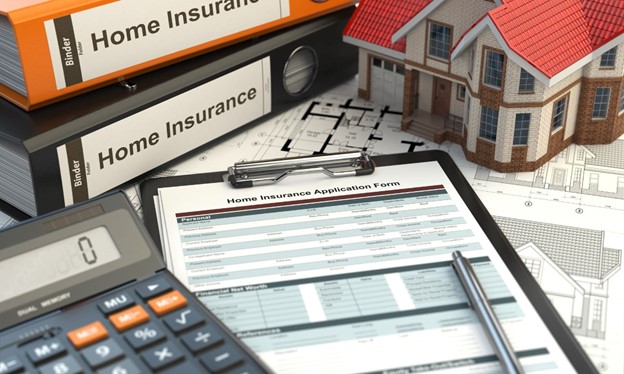Reasons You Need an Insurance Binder and How to Get One
 When a borrower applies for a mortgage loan, the lender typically requires proof of insurance coverage before they approve the loan. An insurance binder is a document issued by the insurance company that provides temporary proof of insurance coverage until the official insurance policy is issued.
When a borrower applies for a mortgage loan, the lender typically requires proof of insurance coverage before they approve the loan. An insurance binder is a document issued by the insurance company that provides temporary proof of insurance coverage until the official insurance policy is issued.
The insurance binder for mortgage loans will typically include information about the property being insured, the coverage limits, and the effective date of the policy. The lender will review the insurance binder to ensure that it meets their requirements for coverage and will usually require the borrower to maintain insurance coverage for the duration of the mortgage loan.
How to Get a Mortgage Insurance Binder:
- Choose an Insurance Provider: You typically obtain mortgage insurance from private mortgage insurance (PMI) companies or the Federal Housing Administration (FHA) for government-backed loans. Your lender can recommend PMI providers if you’re not sure where to start.
- Application: Once you’ve chosen an insurance provider, you’ll need to complete an application for mortgage insurance. This application will include details about the property, your financial situation, and your loan terms.
- Underwriting Process: The insurance provider will review your application and assess your creditworthiness. They will also evaluate the property to determine its insurability.
- Insurance Premium: You will be required to pay an insurance premium for your mortgage insurance. This can be a one-time premium, a monthly premium, or a combination of both, depending on the type of mortgage insurance and your specific loan terms.
- Obtain the Binder: Once your application is approved and you’ve paid the premium, the insurance provider will issue a mortgage insurance binder. This is a document that confirms you have mortgage insurance in place.
- Provide to Lender: You will need to provide the mortgage insurance binder to your lender as part of your mortgage application. The lender will then include this information in your loan file.
- Ongoing Premiums: If you have monthly premiums, remember to keep up with these payments for the duration of the mortgage. Failure to pay the premiums could result in the cancellation of your mortgage insurance.
It is important for borrowers to understand that an insurance binder is a temporary document and should not be used as a replacement for the official insurance policy. It is also important to review the insurance policy carefully to ensure that it provides the necessary coverage for the property being insured.

 This week featured the usual retail sales report which shows consumer demand and as well as an indicator of the velocity of money, not only for consumers but business to business as well. An increase would show an increase in national and local increase in economic activity, which is important as we move into Q4 of the year; where the holiday season is expected to see an increase in consumer activity.
This week featured the usual retail sales report which shows consumer demand and as well as an indicator of the velocity of money, not only for consumers but business to business as well. An increase would show an increase in national and local increase in economic activity, which is important as we move into Q4 of the year; where the holiday season is expected to see an increase in consumer activity. As retirement approaches, many individuals find themselves faced with financial challenges and uncertainties. One option that is often overlooked but can be incredibly beneficial is the reverse mortgage. A reverse mortgage is a financial tool that allows homeowners aged 62 and older to convert a portion of their home equity into tax-free funds.
As retirement approaches, many individuals find themselves faced with financial challenges and uncertainties. One option that is often overlooked but can be incredibly beneficial is the reverse mortgage. A reverse mortgage is a financial tool that allows homeowners aged 62 and older to convert a portion of their home equity into tax-free funds.